Whenever people are sick or ill, they rarely go to the commune health station but often go to higher levels. One of the main reasons for this situation is the limited quality of medical staff at the grassroots health level. Although in recent times, the functional sector has focused on implementing many recruitment and training projects..., the grassroots health level is still struggling with the story of human resources...
Many health stations... have no doctors
Since April 2022, the Thang Mo Commune Health Station, Yen Minh District ( Ha Giang ) has been without a doctor in charge. While waiting for the doctor to return, physician Ly Sen Son was assigned as the station's head, but things were not easy.
Doctor Ly Sen Son shared: “When I took on the role of Station Chief, I was quite bewildered. I had not yet learned about some diseases and equipment. Therefore, the Station's ultrasound machine has been "shelved" since 2022 until now. Without a doctor, the villagers are not interested in coming to the Station. If they come, it is only to get health insurance medicine for some common diseases such as: sore throat, stomachache, fever...”.
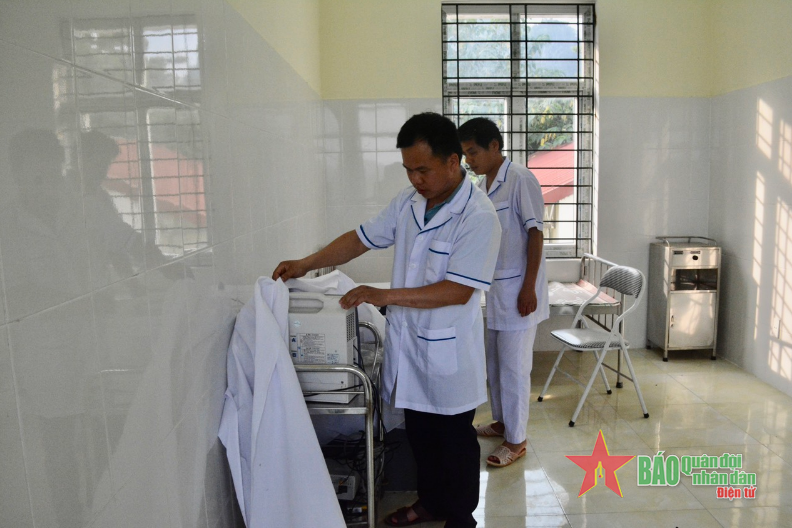 |
| Due to the lack of doctors, the ultrasound machine at Thang Mo Commune Health Station, Yen Minh District (Ha Giang) is still unused. |
Because the health station did not have a doctor, Giang Mi Ma, 21 years old, in Mao Pho village, Thang Mo commune, lost the "golden time" to treat a stroke, leading to hemiplegia and inability to walk. Giang Mi Ma shared: "Because the commune health station did not have a doctor, when my family brought me to the emergency room, I was not treated promptly and properly, and had to continue to be taken to the district hospital. At the hospital, the doctor said I had a stroke but the "golden time" to get the most positive treatment results had passed. If only...".
Giang Mi Ma's unfinished words made us feel sorry and regretful for him. Even worse than Thang Mo Commune Health Station, Phu Lung Commune Health Station, also in Yen Minh District, has never had a doctor on staff. Because there are no doctors, many tasks have been interrupted. Phu Lung Commune Health Station has only 4 people (2 doctors, 1 nurse and 1 midwife).
Comrade Nguyen Thi Yeu, Head of Phu Lung Commune Health Station, said: “Previously, the District Health Center sent doctors to take turns examining and treating people, once a week. At that time, people were very excited, just waiting for the day when the doctor would come. However, since the beginning of the year, there has been no doctor taking turns working, so the medical examinations are performed by 2 nurses from the Station. Due to the lack of doctors, the prescription of medicine is also limited; some medical equipment is also not used. The lack of doctors makes medical examination and treatment here difficult.”
The problem of a shortage of doctors at the grassroots level is also being raised in Quang Binh province. “Currently, we are basically maintaining one doctor per health station. However, when the team of doctors currently working retires, if we do not have appropriate adjustment policies, many commune health stations in Minh Hoa district will no longer have doctors,” said Dr. Nguyen Tuan Viet, Director of the Minh Hoa District Health Center (Quang Binh). I think this is a very important warning, which needs to be listened to in order to have policies to attract and retain doctors for the grassroots level.
According to the Ministry of Health, the work of protecting, caring for and improving people's health in recent years has achieved many important achievements, but the quality of medical examination and treatment is still limited, especially in mountainous provinces, the Central Highlands, remote areas due to the lack of medical staff. Nationwide, about 20% of communes still do not have doctors, and doctors from the district level must be rotated to examine and treat patients on some days of the week. In addition, there are still many commune health stations with weak professional capacity of doctors, unable to perform all the technical list as prescribed, unable to meet the increasing health care needs of the people.
Talking to us about this issue, Associate Professor, Dr. Phan Le Thu Hang, Deputy Director of the Department of Planning and Finance and Director of the Project Management Board for Investment in Construction and Development of the Grassroots Health System (Ministry of Health), said: “The medical staff of the grassroots health network is still thin, especially at commune health stations.
The current number of available medical human resources of YTCS is lower than the current regulations and is assessed as seriously lacking compared to the requirements of optimal primary health care, while we have not effectively utilized the existing human resources (not yet mobilized the participation of non-public health in providing primary health care services). The quality of human resources of YTCS is also assessed as limited in both knowledge and practical capacity...”.
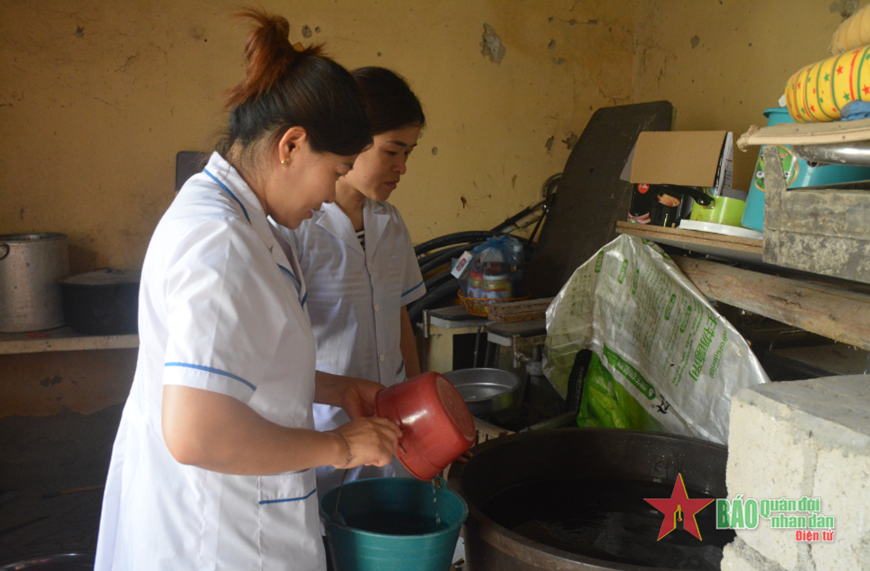 |
| Due to low salaries, the lives of staff at Phu Lung Commune Health Station, Yen Minh District (Ha Giang) still face many difficulties. |
Low salary, hard to stick with the job
There are many reasons why doctors do not want to work at the grassroots level. Firstly, the salary, allowances, and benefits for medical staff are too low. The salary of a newly graduated doctor is not enough to live on, so they have to find a more suitable job or work extra to supplement their meager salary. Many doctors have turned to private medical facilities to work.
The current wave of "brain drain" from the public health sector to the private health sector clearly shows that. Second, there are few opportunities to improve skills, study, and advance in expertise. Working in large hospitals, doctors have the opportunity to continue studying specialties, study abroad, and interact with leading experts. As for doctors at grassroots health stations, the path to learning is almost at a standstill.
Doctor Dinh Thanh Quyet has been working at Minh Hoa District Medical Center for more than 10 years, however, the salary that Doctor Quyet is receiving is 6 million VND/month. Doctor Dinh Thanh Quyet shared: “Studying medicine has high tuition fees, in addition to tuition fees, there are many other expenses, the time is long, but after graduation the salary is too low, so it is difficult for public health to attract good doctors, and it is even more difficult for grassroots medical facilities to recruit and retain doctors. I am a local, my parents are old, they need their children to take care of them, so I chose to work at the District Medical Center, but honestly, with this salary I cannot ensure my daily life.”
In fact, due to the inadequate salary and allowance regime, many district-level medical centers and especially commune-level medical stations have difficulty recruiting doctors and are facing a "brain drain" situation when qualified and skilled human resources are transferring jobs, quitting jobs, and resigning... Talking to us, Dr. Nguyen Van Duc, Deputy Director of Bo Trach District Medical Center (Quang Binh) gave an example, that at the grassroots level, there is only one person on duty each night, but the salary for each night's duty is only 25,000 VND and the breakfast is 15,000 VND.
“A doctor works night shifts, takes care of patients’ health, and handles sudden emergencies, but the salary is only equivalent to a bowl of pho. It is unreasonable and can be said to be unfair to highly qualified workers,” Dr. Nguyen Van Duc worried. For Dr. Nguyen Thi Ngoc Diep, Deputy Head of the Hoan Lao Town Health Station, Bo Trach District, working night shifts is not only a matter of expertise but can also lead to dangerous situations.
“During many of my shifts, there were cases where several drug-addicted men came to the station in the middle of the night to ask to buy needles. Because I was worried about my wife, now every time I go on duty, my husband goes with me. This is a personal story but it also reflects the reality at the facility: The work is dangerous and hard, but the allowance is very low...”, said Dr. Nguyen Thi Ngoc Diep.
Not only are experienced doctors not interested in YTCCS, but many medical students about to graduate are also hesitant when choosing. Nguyen Minh Khang, born in 2002, a student at the University of Medicine and Pharmacy (Thai Nguyen University), shared: "During the Covid-19 outbreak, we volunteered to support localities in fighting the epidemic. When working at medical stations, we saw that YTCCS still had many difficulties and shortages. Not only general medicine students, but also nursing students or any other major, when graduating, always want to choose a medical facility with full equipment and techniques, with good teachers to "hold hands and show you how to do it" so that they can learn and develop professionally, while it is very difficult to have this at a medical station. Therefore, few people who graduate choose a commune health station as a place to stay...".
(continued)
Article and photos: HUYEN TRANG
*Please visit the Health section to see related news and articles.
Source



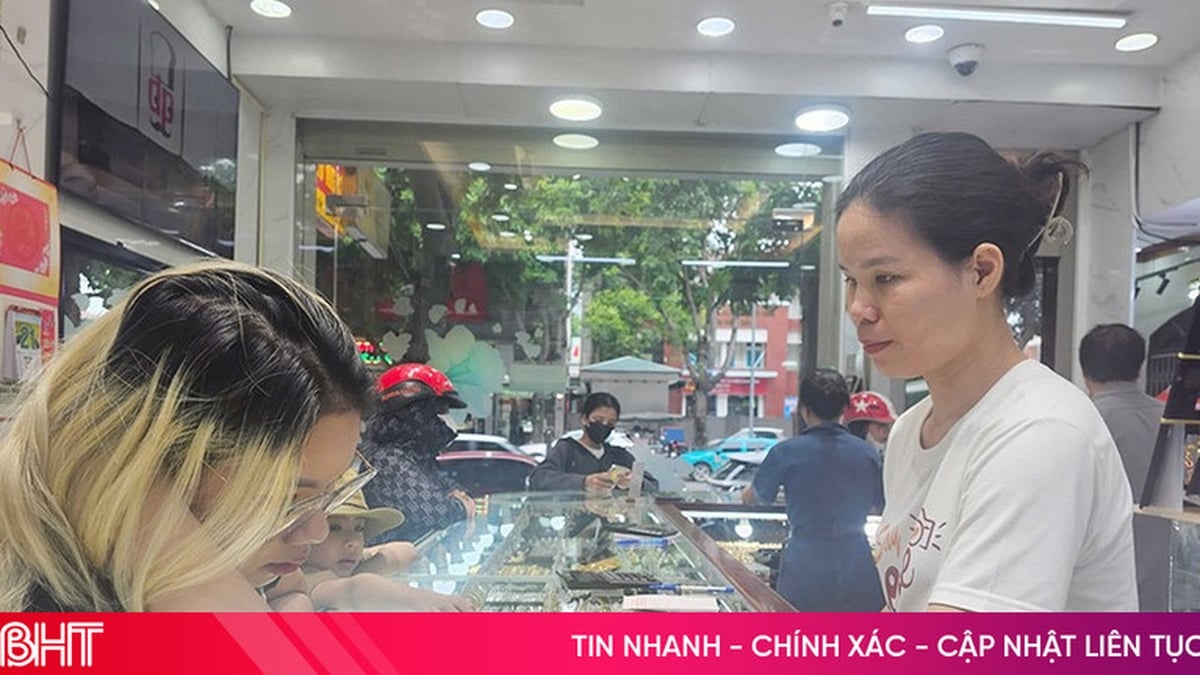


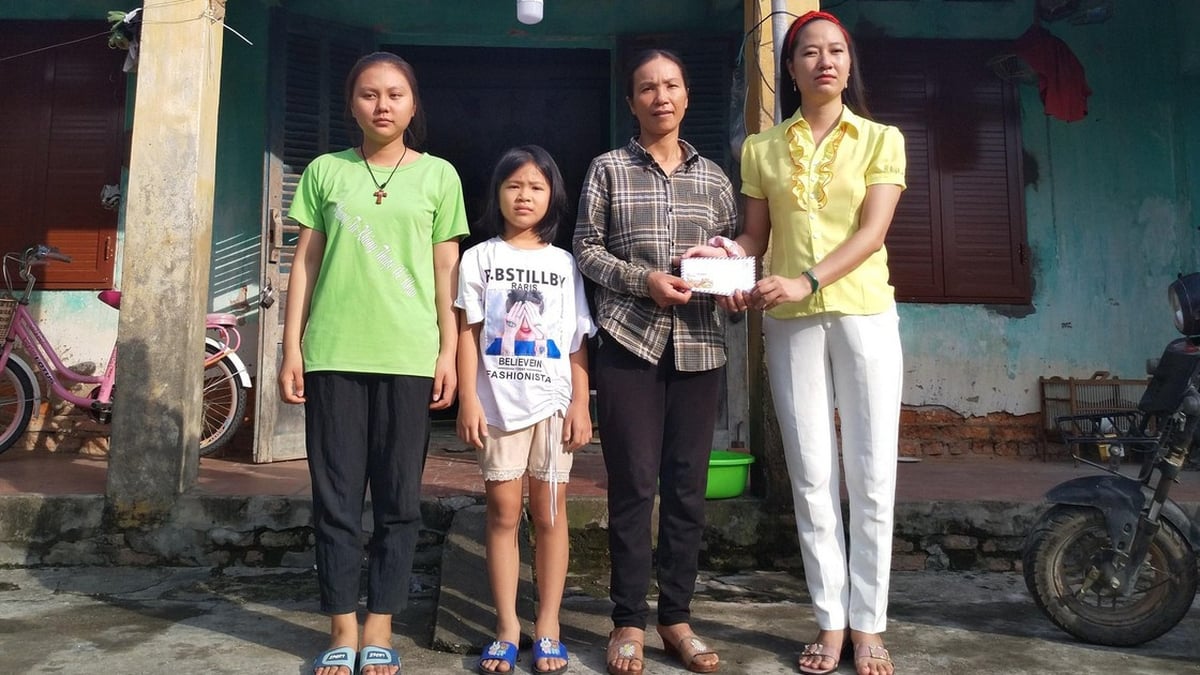



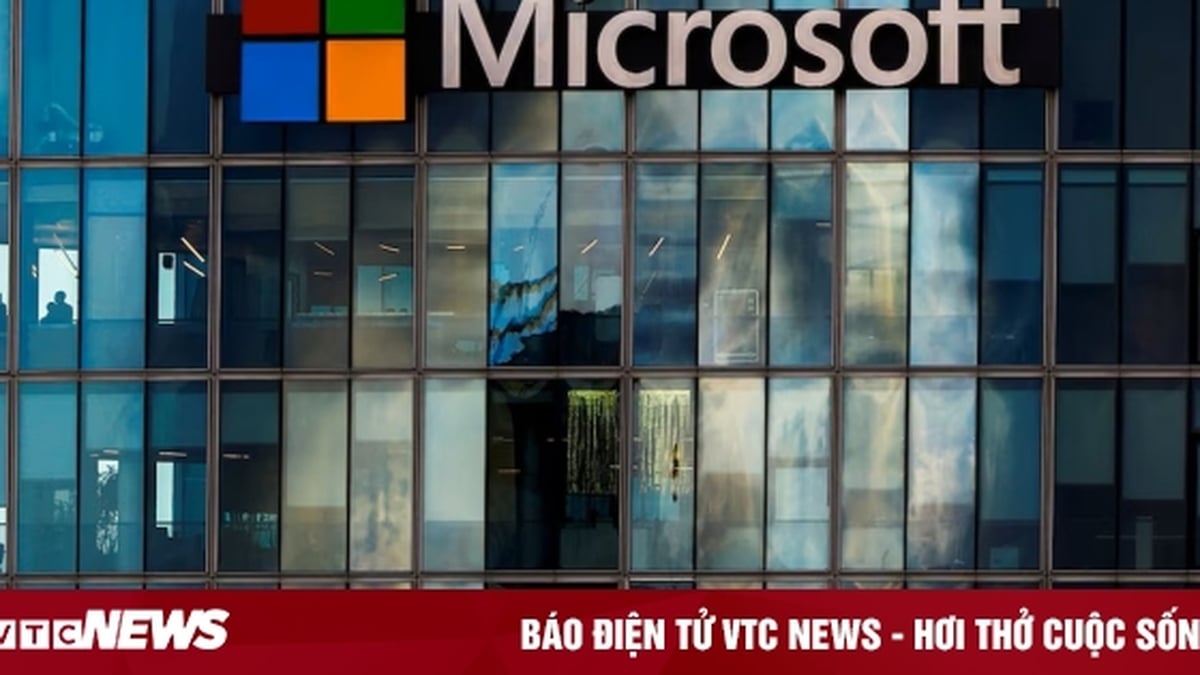
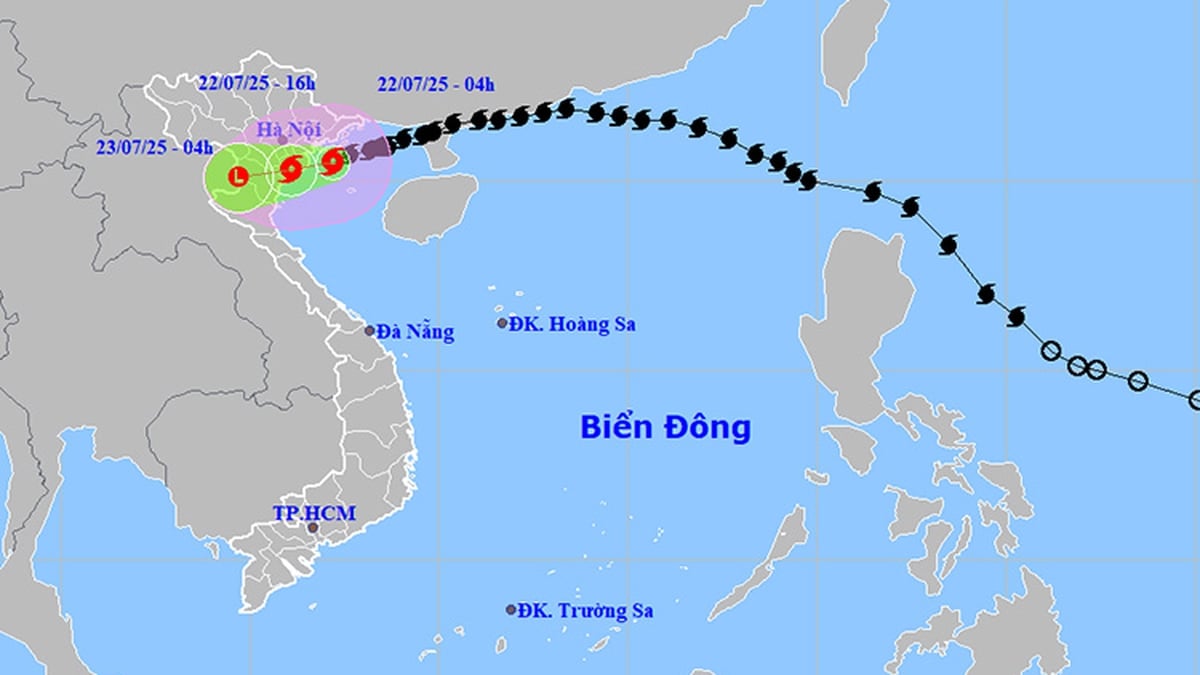











![[Photo] National Assembly Chairman Tran Thanh Man visits Vietnamese Heroic Mother Ta Thi Tran](https://vphoto.vietnam.vn/thumb/1200x675/vietnam/resource/IMAGE/2025/7/20/765c0bd057dd44ad83ab89fe0255b783)






















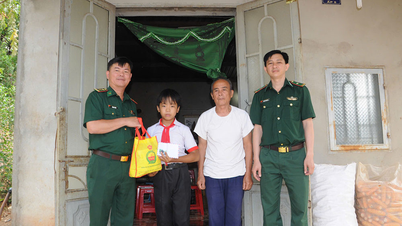






















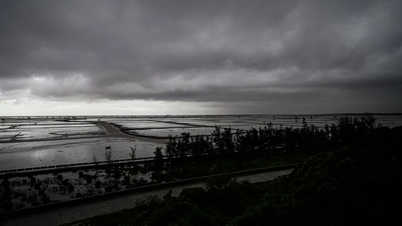



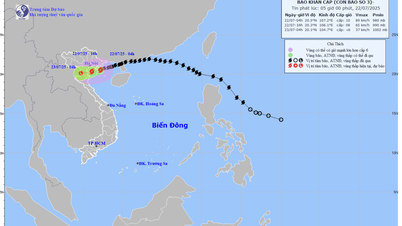


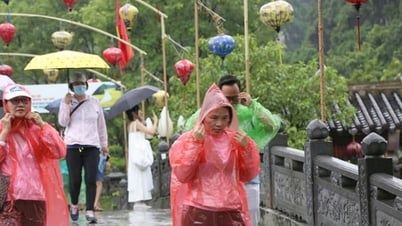
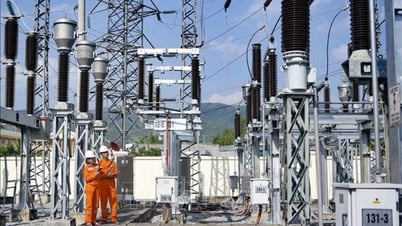

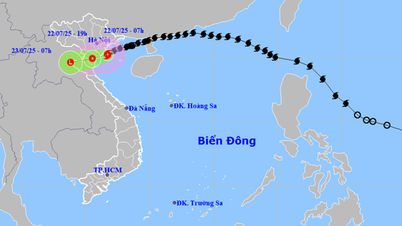

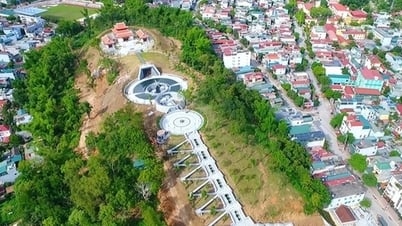





















Comment (0)